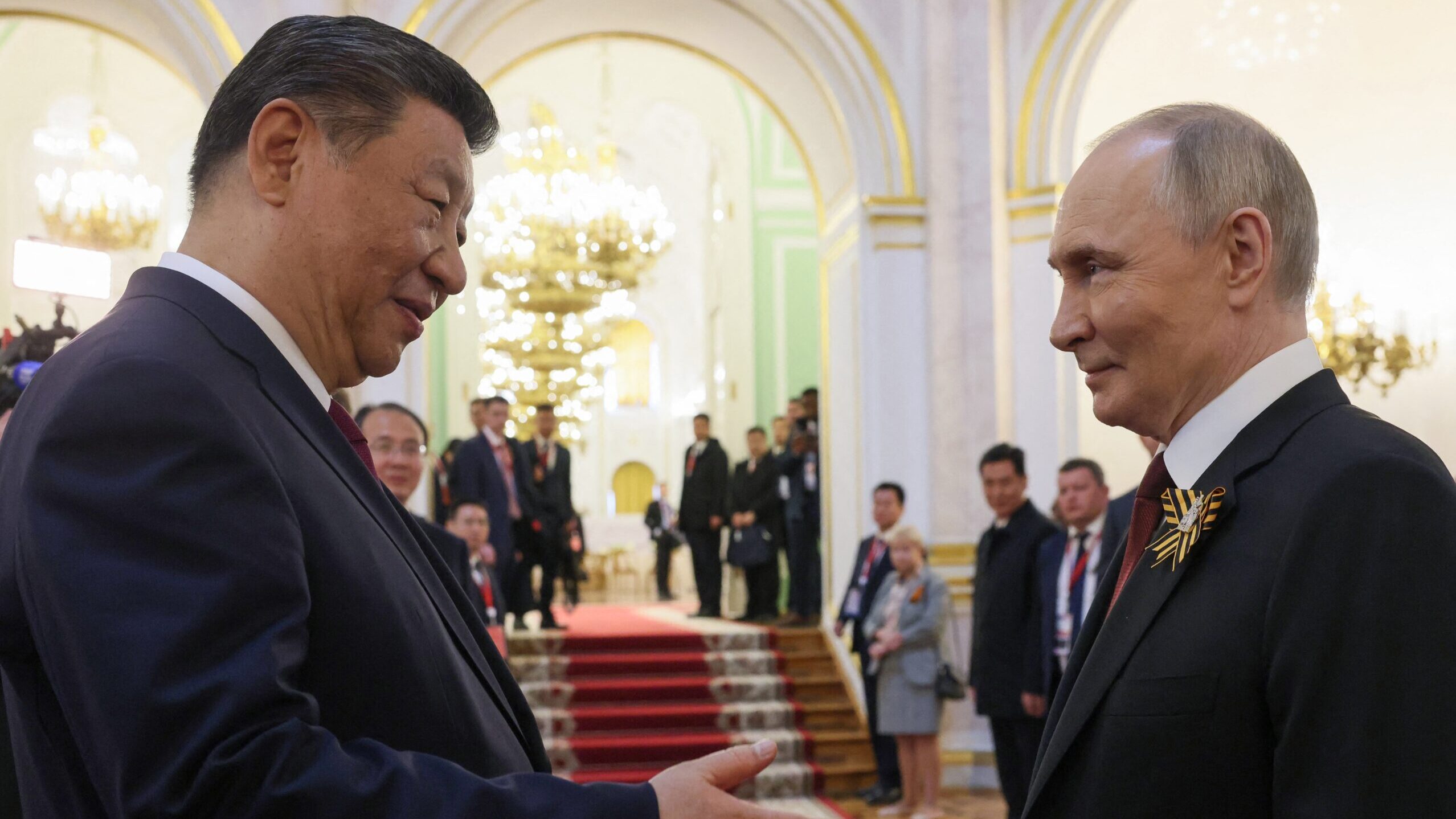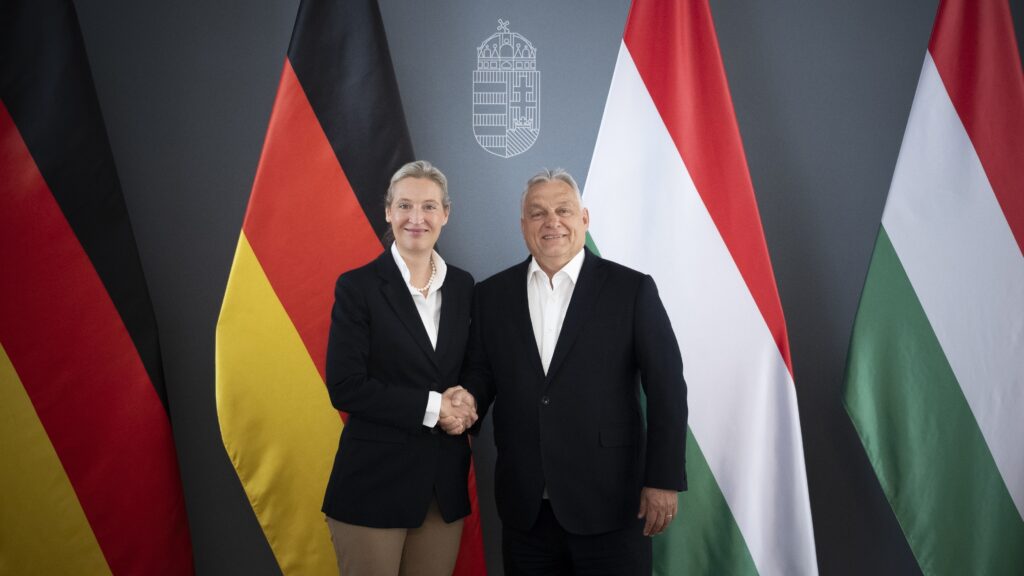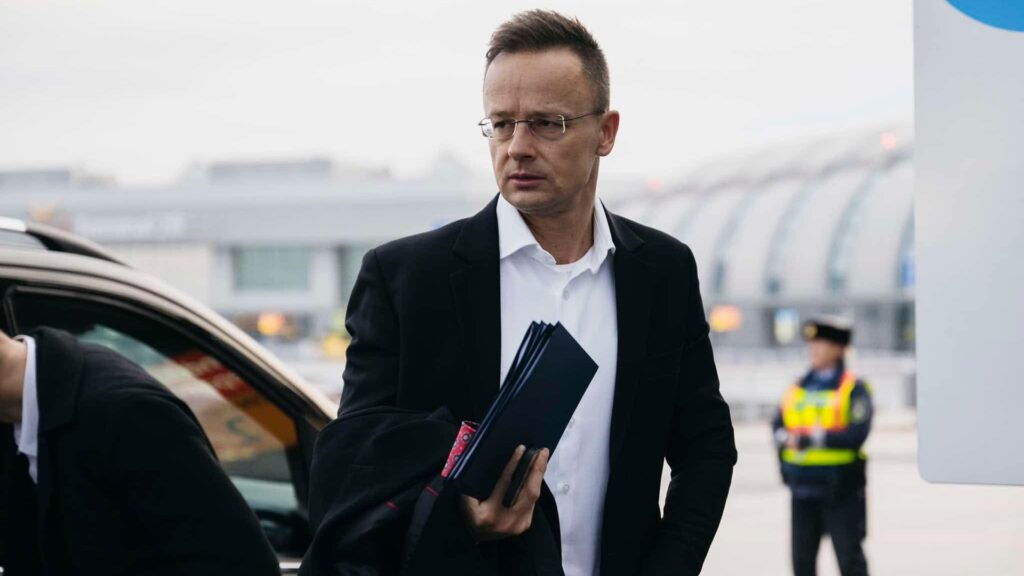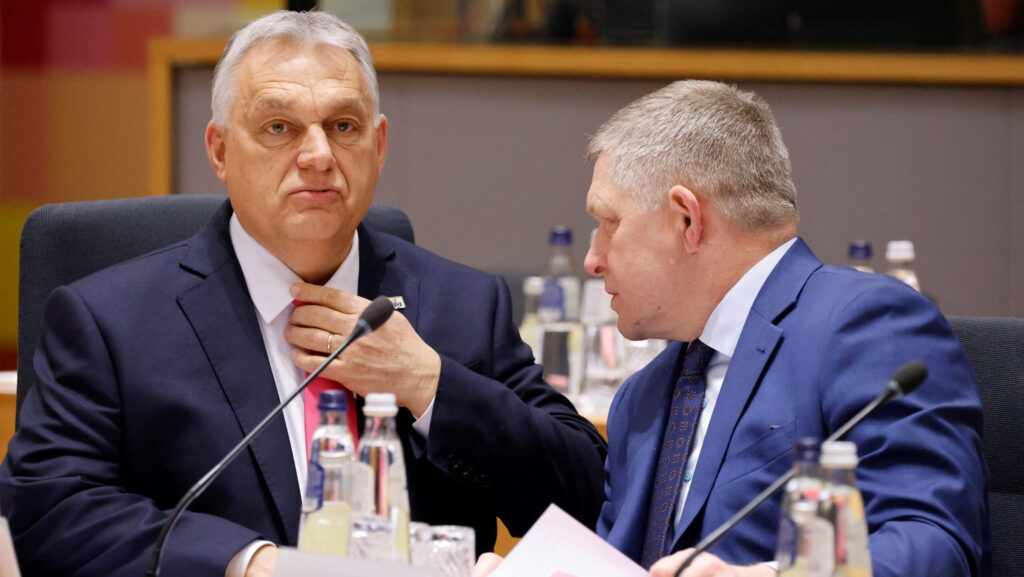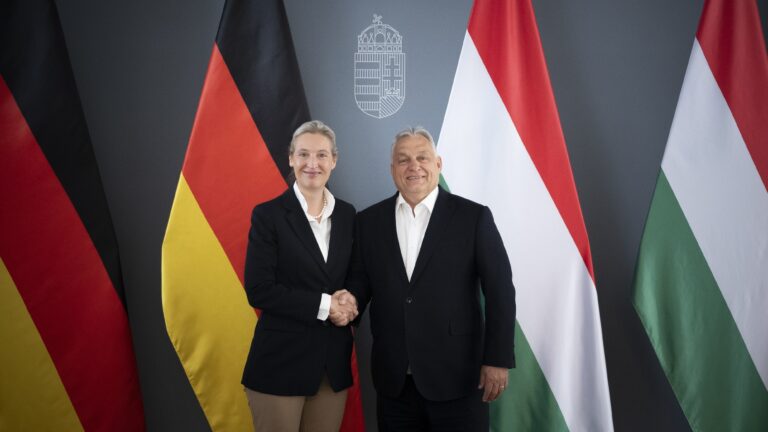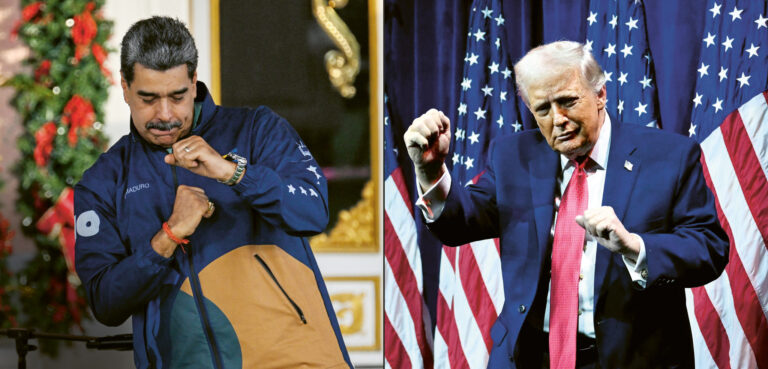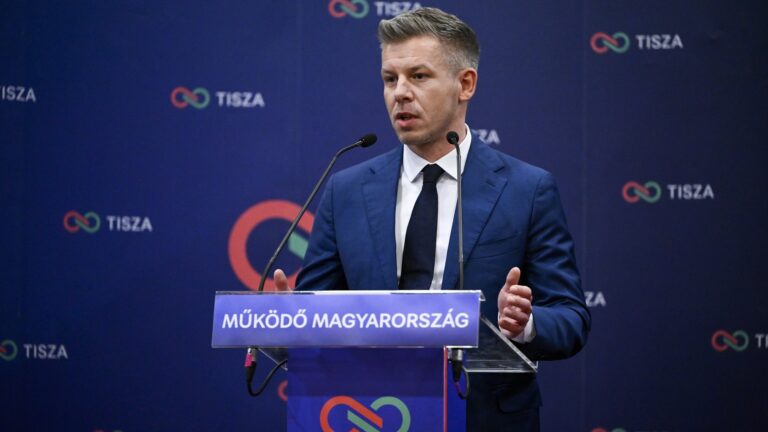The framework for a potential ceasefire and peace in Ukraine is gradually taking shape, and it appears that China may play a role in it. On Sunday, Russian Foreign Minister Sergei Lavrov told NBC News that Russia would not back down from its demand for Ukraine’s neutrality regarding NATO membership and insisted that a group of major powers, including United Nations Security Council members, should serve as guarantors of Ukraine’s security.
Lavrov referred to the failed Istanbul negotiations of 2022, during which Russia and Ukraine discussed Ukraine’s permanent neutrality in exchange for security guarantees from the five permanent members of the UN Security Council—Britain, China, France, Russia, and the United States—as well as other countries. Lavrov reiterated to NBC that the guarantor group should include Security Council members, potentially alongside Germany, Türkiye, and others.
‘And the guarantors would be guaranteeing the security of Ukraine, which must be neutral, which must be non-aligned with any military bloc and which must be non-nuclear,’ Lavrov said.
Chinese Peacekeepers in Ukraine?
Ahead of the weekend, German outlet Welt reported that China had signalled its willingness to send peacekeeping forces to Ukraine if a ceasefire is reached, but only under a United Nations mandate. Citing EU diplomatic sources, Welt wrote that reactions to Beijing’s offer were mixed across the Union. Some see potential benefits in involving countries beyond Ukraine’s traditional Western allies, making any mission more acceptable to Russia. Others fear Beijing could exploit such an operation to spy on Ukraine and maintain a pro-Russian posture under the guise of neutrality.
Peacekeeping deployments are among several proposals currently under consideration to enforce a future ceasefire, including plans by the so-called ‘Coalition of the Willing’. Around ten European allies—including the United Kingdom, France, Lithuania, and Estonia—have expressed readiness to send troops.
‘Lavrov reiterated to NBC that the guarantor group should include Security Council members’
The United States has ruled out deploying its own forces but remains open to providing alternative security guarantees. Russia, meanwhile, strongly opposes any Western military presence in Ukraine.
On Monday, however, Chinese Foreign Ministry spokesperson Gao Jiakun denied reports of plans to send peacekeepers to Ukraine, with media citing limited resources and Beijing’s reluctance to set a precedent. At the same time, the Chinese Foreign Ministry reiterated that China remains willing to participate in efforts to find a resolution to the conflict.
A Long Advocate of Peace
Beijing has advocated for peace since the outset of the war but has been repeatedly accused by Western powers of indirectly supporting Russia’s war effort by importing Russian oil and exporting dual-use technologies to Moscow. Last year, Chinese President Xi Jinping outlined four key principles for achieving peace between Kyiv and Moscow:
- Prioritizing peace and stability over ‘selfish’ gains;
- Cooling down the situation in Ukraine, rather than ‘adding fuel to the fire’;
- Establishing conditions for the restoration of peace, rather than aggravating the situation;
- Reducing the negative impact of the war on the global economy.
These principles were endorsed by Russian President Vladimir Putin and Hungarian Prime Minister Viktor Orbán, who even visited Beijing during his peace missions last year. In his assessment sent to then-European Council President Charles Michel, Orbán wrote: ‘China will continue its policy, as outlined in international documents, calling for a ceasefire and peace negotiations. However, China will only take a more active role if there is a near-certain chance of success.’ Almost exactly one year later, reality appears to be aligning with Orbán’s ten-point assessment—laughed off at the time by EU member states.
Orbán also proposed high-level political talks between China and the EU, and between Russia and the EU, to increase Europe’s influence in the negotiation process.
Related articles:

